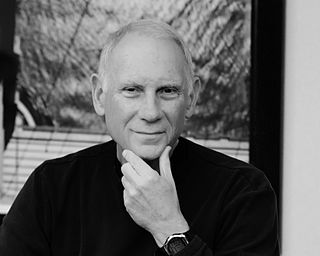A Quote by Margaret Mead
With the exception of the few cases to be discussed in the next chapter, adolescence represented no period of crisis or stress, but was instead an orderly developing of a set of slowly maturing interests and activities.
Related Quotes
So if we look at progress, or evolution, or we look at accomplishment in our life, the key is to be continually moving on, expanding and growing, clarifying, developing and maturing. The opposite would be getting stuck, staying stuck, so there's no maturing, no developing, no accomplishing, no movement.
Adolescence is a relatively recent thing in human history -- a period of years between the constraints of childhood and the responsibilities of adulthood. This irresponsible period of adolescence is artificially extended by long years of education, much of it wasted on frivolities. Tenure extends adolescence even further for teachers and professors.
I figure if Doc is right about the time I have left,I should wrap up my adolescence in the next few days, get into my early productive stages about the third week of school, go through my midlife crisis during Martin Luther King Jr's birthday, redouble my efforts at productivity and think about my legacy, say, Easter, and start cashing in my 401(k)s a couple weeks before Memorial Day.
The issue is not whether there are horrible cases where the penalty seems "right". The real question is whether we will ever design a capital system that reaches only the "right" cases, without dragging in the wrong cases, cases of innocence or cases where death is not proportionate punishment. Slowly, even reluctantly, I have realized the answer to that question is no- we will never get it right.
In any institution-factory, university, health center, or whatever-there are a variety of interests that ought to be represented in decision-making: the work force itself, the community in which it is located, users of its products or services, institutions that compete for the same resources. These interests should be directly represented in democratic structures that displace and eliminate private ownership of the means of production or resources, an anachronism with no legitimacy.





































